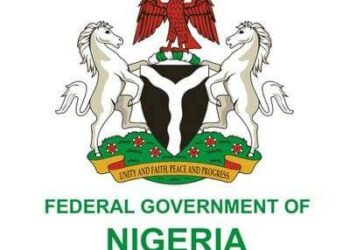Nigeria and other emerging economies are at the risk of facing financial instability if they continue to raise benchmark interest rates as a tool to control inflation, the International Monetary Fund has warned.
The global lender in a report titled, “Interest Rate Increases Volatile Markets Signal Rising Financial Stability Risks,” said to avoid inflationary pressures from becoming entrenched, central banks confronting stubbornly high inflation had had to accelerate monetary policy tightening.
According to the report, financial conditions had tightened as central banks continued to hike interest rates. Amid the highly uncertain global environment, risks to financial stability had increased substantially.
It said major issues facing financial systems included inflation at multi-decade highs, continuing deterioration of the economic outlooks in many regions, and persistent geopolitical risks.
The report partly read, “Financial vulnerabilities are elevated for governments, many with mounting debt, as well as nonbank financial institutions such as insurers, pension funds, hedge funds and mutual funds. Rising rates have added to stress for entities with stretched balance sheets.
At the same time, the ease and speed with which assets can be traded at a given price has deteriorated across some key asset classes due to volatile interest rates and asset prices. This poor market liquidity, together with pre-existing vulnerabilities, could amplify any rapid, disorderly repricing of risk, were it to occur in the coming months.”
Last month, the Monetary Policy Committee of the Central Bank of Nigeria raised the benchmark interest rate from 14 to 15.5 per cent in order to tame the rising inflation rate.




